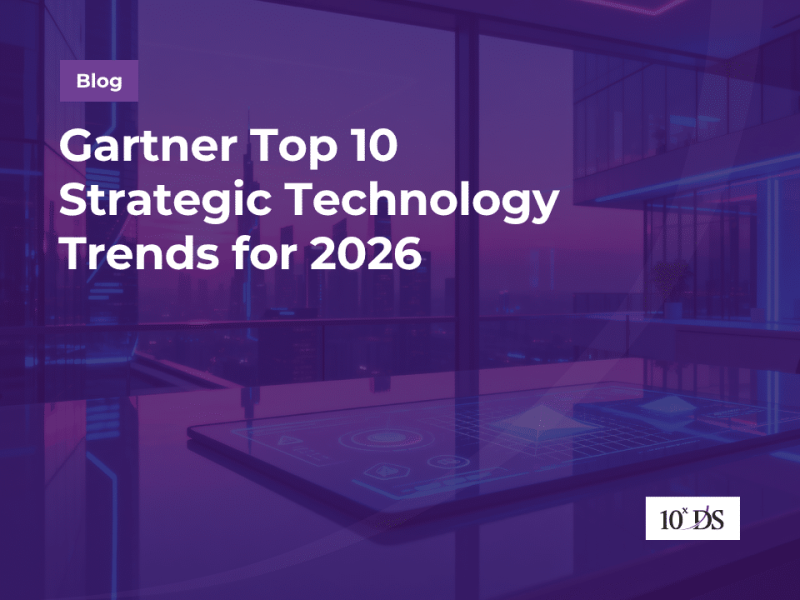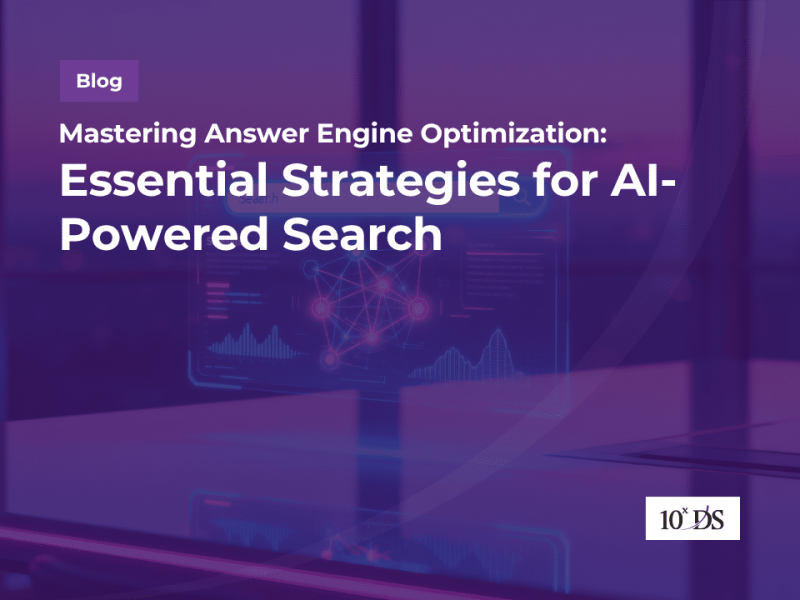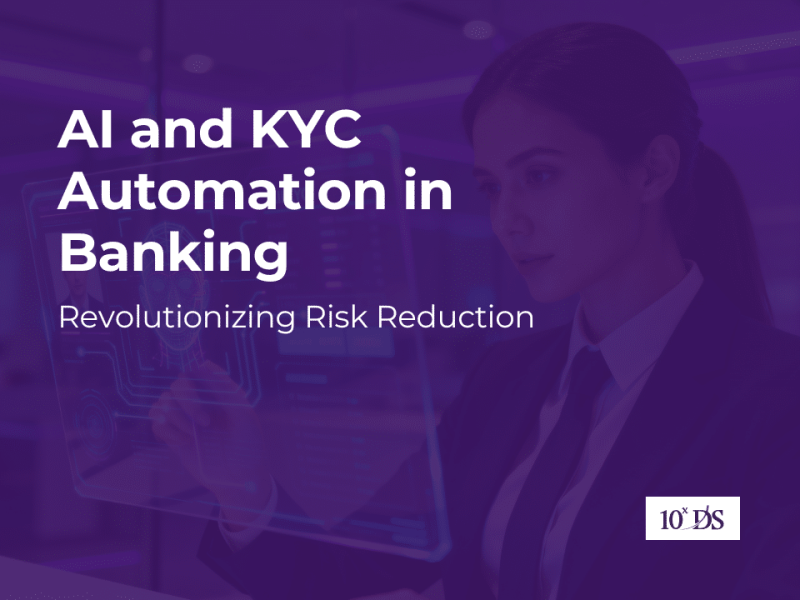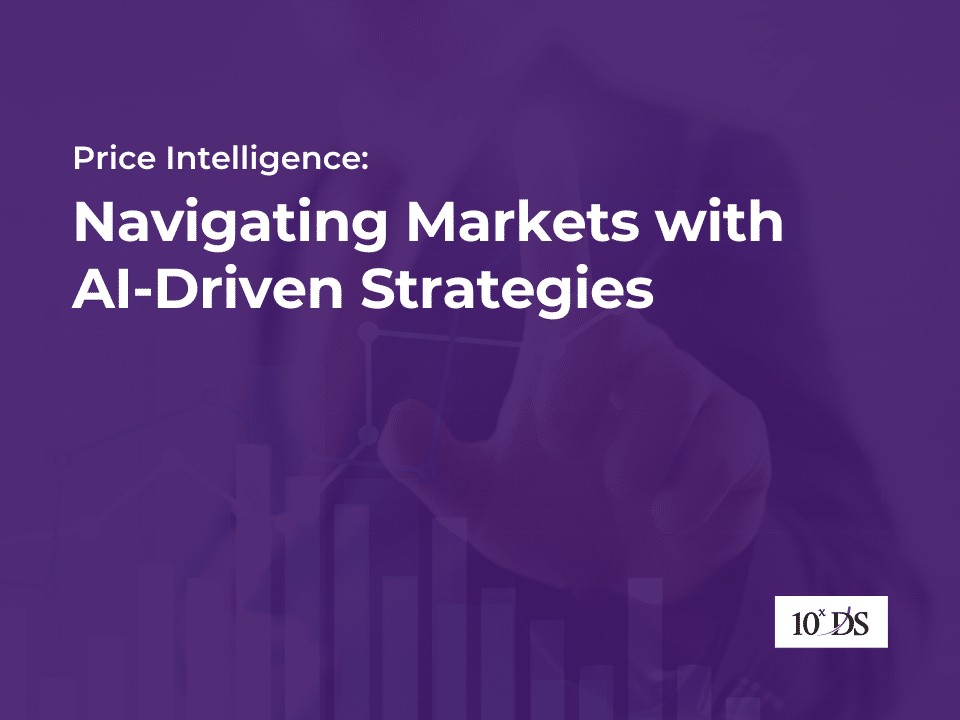
Price Intelligence: Navigating Markets with AI-Driven Strategies
Pricing strategies are of paramount importance for several reasons in the business landscape. Firstly, pricing directly impacts a company’s revenue and profitability. The right pricing strategy can maximize revenue and ensure sustainable growth. Secondly, pricing plays a crucial role in positioning a product or service in the market. It influences how customers perceive the value of what a business offers compared to competitors. Thirdly, pricing is a key driver of customer behavior. It can influence purchasing decisions, customer loyalty, and overall market share. Fourthly, effective pricing strategies allow businesses to adapt to dynamic market conditions, changes in demand, and competitive landscapes. Flexibility in pricing is essential for staying agile and responsive to market dynamics. Finally, pricing strategies also have implications for brand image and long-term sustainability. Transparent and fair pricing practices contribute to customer trust and loyalty, fostering a positive brand reputation. Overall, pricing is a multifaceted element that directly impacts a business’s financial health, market position, and relationship with customers.
The illustration depicts the direct relationship of pricing to business success.
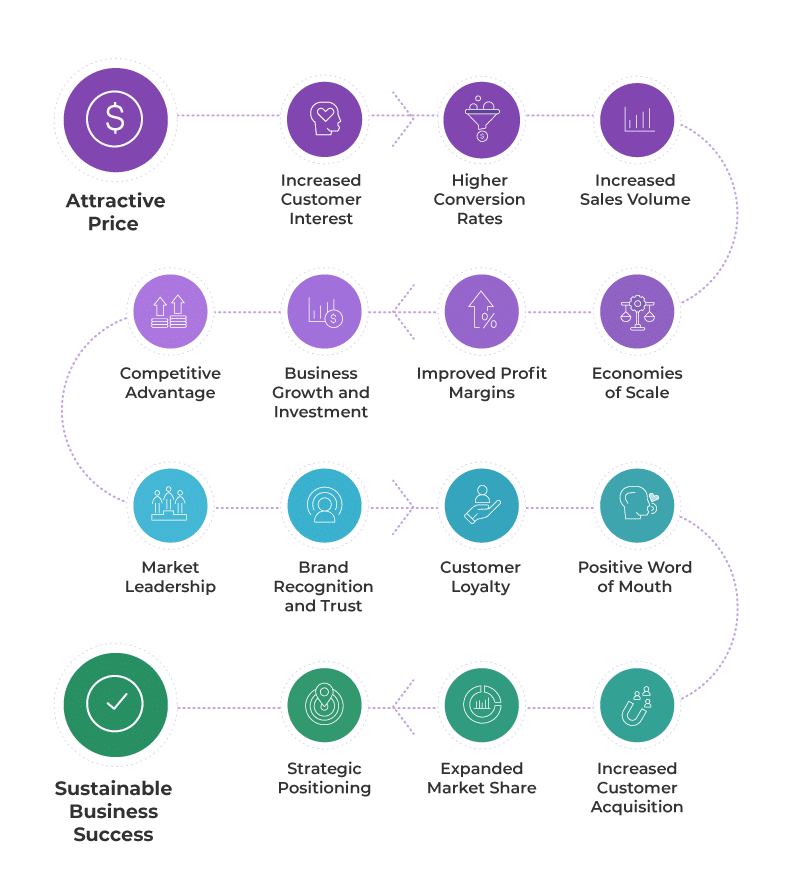 AI plays a pivotal role in pricing by leveraging advanced algorithms and machine learning to analyze vast datasets, customer behavior, market trends, and competitive landscapes in real-time. The use of AI in pricing not only enhances accuracy and efficiency but also enables companies to stay agile, respond to competitive dynamics, and navigate regulatory complexities, ultimately contributing to more strategic and effective pricing decisions. Let us explore this in detail.
AI plays a pivotal role in pricing by leveraging advanced algorithms and machine learning to analyze vast datasets, customer behavior, market trends, and competitive landscapes in real-time. The use of AI in pricing not only enhances accuracy and efficiency but also enables companies to stay agile, respond to competitive dynamics, and navigate regulatory complexities, ultimately contributing to more strategic and effective pricing decisions. Let us explore this in detail.
Dynamic Pricing
AI algorithms continuously analyze real-time data, such as demand fluctuations, competitor pricing, and market trends, to dynamically adjust the prices of products or services. By leveraging machine learning, businesses can optimize pricing based on various factors, including customer behavior, time-sensitive demand, and inventory levels. These algorithms enable companies to respond swiftly to changing market conditions, automatically setting prices to maximize revenue, capture market share, and maintain competitiveness. Personalized pricing for different customer segments, along with the ability to conduct A/B testing and automate repricing, adds a layer of granularity to the strategy. While enhancing profitability, businesses must carefully navigate ethical considerations and regulatory compliance to ensure fair and transparent pricing practices. Dynamic Pricing strategy is particularly prevalent in industries like e-commerce, travel, and hospitality, where market dynamics evolve rapidly.
Competitive Pricing
A strategic approach that harnesses artificial intelligence algorithms to continually monitor and analyze competitors’ pricing strategies in real-time and helps businesses to dynamically adjust their own prices to stay competitive within the market. These algorithms not only track the pricing landscape but also consider other factors such as product features, customer reviews, and overall value proposition. The goal is to optimize prices based on the competitive landscape, ensuring that a company’s offerings remain attractive to customers while maintaining profitability. This dynamic and data-driven pricing strategy allows businesses to adapt swiftly to changes in the market, outpace competitors, and capture a larger share of customer demand. As a global brand that moves a lot of its products around the world, Airbnb enabled AI to vastly change the way they conducted its operations by setting competitive prices based on demand, seasonality, and the rates of similar properties in the same area.
Personalized Pricing
AI-enabled Personalized Pricing is a strategic pricing approach that utilizes artificial intelligence algorithms to analyze individual customer data and tailor pricing strategies based on specific customer attributes, behaviors, and preferences. By leveraging machine learning, businesses can segment their customer base and dynamically adjust prices to align with each segment’s willingness to pay. This personalized approach enhances customer engagement and loyalty by offering tailored discounts, promotions, or pricing structures, ultimately optimizing revenue while providing a unique and targeted experience for each customer. It enables companies to create a more personalized and responsive pricing model that caters to the diverse needs and preferences of their customer base, fostering stronger relationships and increasing overall customer satisfaction. Starbucks uses AI to personalize its offers and prices for each customer, based on their preferences, purchase history, and location.
Reactive Pricing
Reactive Pricing approach harnesses artificial intelligence algorithms to respond dynamically to real-time events, market conditions, and changes in the business environment. Using machine learning, companies can automate pricing adjustments based on factors such as inventory levels, competitor actions, or external events like promotions or economic shifts. This strategy allows businesses to react swiftly to changes, ensuring that prices remain competitive and aligned with current market dynamics. By adapting prices in response to specific triggers, such as low stock or competitor discounts, companies can optimize revenue and maintain flexibility in a dynamic market landscape. Reactive Pricing, powered by AI, enables businesses to stay agile and responsive, making timely pricing decisions to capitalize on opportunities and mitigate challenges. Anheuser-Busch InBev, the multinational brewing company that produces some of the world’s most popular beers, such as Budweiser, Corona, and Stella Artois uses AI to optimize its pricing strategy across different markets, channels, and segments. It leverages data from various sources, such as sales, promotions, weather, and social media, to generate reactive pricing recommendations that maximize revenue and profit.
A/B Testing
A/B Testing is a data-driven and automated approach that leverages artificial intelligence algorithms to conduct controlled experiments comparing two or more versions of a product, service, or strategy. By employing machine learning, businesses can efficiently analyze the performance of different variations and identify the most effective one based on predefined metrics such as conversion rates, customer engagement, or revenue. AI enhances A/B Testing by automating the experimentation process, rapidly collecting and interpreting vast amounts of data to provide actionable insights. This enables companies to iteratively refine and optimize their offerings, user experiences, or marketing strategies, ultimately making informed decisions to enhance overall performance and achieve business goals. AB Tasty is an AI-powered A/B testing tool that helps businesses optimize their pricing by allowing them to test different price levels, discounts, or bundles and measure their impact on key metrics, such as conversion rate, average order value, and revenue per visitor.
Regulatory Compliance
It is important to ensure that pricing strategies and practices adhere to legal regulations and ethical standards within a given industry or market. Machine learning algorithms can assist businesses in monitoring and navigating complex regulatory landscapes by continuously analyzing legal frameworks, industry guidelines, and ethical considerations. These AI systems can help identify and mitigate potential risks of non-compliance in pricing strategies, such as unfair pricing practices or discrimination. Additionally, AI can assist in automating the documentation and reporting processes necessary for demonstrating compliance, providing businesses with transparency and accountability in their pricing activities. By integrating AI into regulatory compliance efforts, companies can enhance their ability to navigate legal complexities, mitigate risks, and foster trust with both customers and regulatory authorities.
In conclusion, the integration of AI into pricing decisions marks a transformative leap for businesses seeking to navigate the complexities of the modern market. As demonstrated in this blog, AI’s analytical prowess, real-time data processing, and adaptive algorithms empower companies to move beyond traditional pricing models. By harnessing machine learning, businesses can predict and respond to market dynamics, personalize pricing strategies, and maintain a competitive edge. The marriage of AI and pricing decisions not only enhances efficiency and accuracy but also lays the foundation for strategic growth, customer satisfaction, and sustained success. As industries evolve, those embracing AI in pricing are poised not only to survive but to thrive in the dynamic landscape of today’s business environment. The future of pricing decisions is undoubtedly shaped by the intelligent capabilities of AI.
Talk to our Experts to learn more
